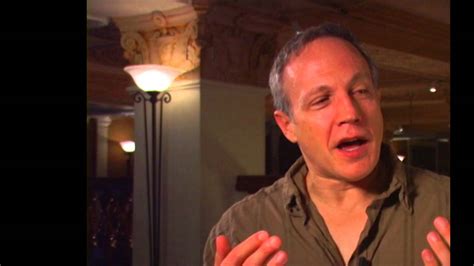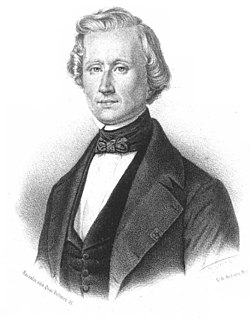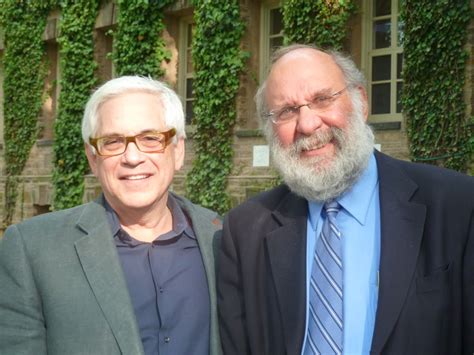A Quote by Dani Shapiro
It is only with distance that we are able to turn our powers of observation on ourselves, thus fashioning stories in which we are characters.
Related Quotes
We sabotage our creative possibilities because the world revealed by our imagination may not fit well with the life we have taken so much trouble to construct over the years. Faced with the pain of that distance, the distance between desire and reality, we turn just for a moment and quickly busy ourselves.
As with any other great force of nature, there is both glory and danger in the stories we tell ourselves. Some are toxic and keep our problems festering. Others are tonic and bring us beyond the limitations of our previous history. To be in a life of our own definition, we must be able to discover which stories we are following and determine which ones help us grow the most interesting possibilities.
The most perfect philosophy of the natural kind only staves off our ignorance a little longer: as perhaps the most perfect philosophy of the moral or metaphysical kind serves only to discover larger portions of it. Thus the observation of human blindness and weakness is the result of all philosophy, and meets us at every turn, in spite of our endeavours to elude or avoid it.
Its [the anthropological method] power to make us understand the roots from which our civilization has sprung, that it impresses us with the relative value of all forms of culture, and thus serves as a check to an exaggerated valuation of the standpoint of our own period, which we are only too liable to consider the ultimate goal of human evolution, thus depriving ourselves of the benefits to be gained from the teachings of other cultures and hindering an objective criticism of our own work.
When writers are self-conscious about themselves as writers they often keep a great distance from their characters, sounding as if they were writing encyclopedia entries instead of stories. Their hesitancy about physical and psychological intimacy can be a barrier to vital fiction. Conversely, a narration that makes readers hear the characters' heavy breathing and smell their emotional anguish diminishes distance. Readers feel so close to the characters that, for those magical moments, they become those characters.
The three branches of somaesthetics: the analytic study of the body's role in perception, experience, and action and thus in our mental, moral, and social life; the pragmatic study of methodologies to improve our body-mind functioning and thus expand our capacities of self-fashioning; and the practical branch that investigates such pragmatic methods by testing them on our own flesh in concrete experience and practice.
This success permits us to hope that after thirty or forty years of observation on the new Planet [Neptune], we may employ it, in its turn, for the discovery of the one following it in its order of distances from the Sun. Thus, at least, we should unhappily soon fall among bodies invisible by reason of their immense distance, but whose orbits might yet be traced in a succession of ages, with the greatest exactness, by the theory of Secular Inequalities.
In her previous novels, Maggie O'Farrell has often measured the distance between intimates and the unexpected intimacy of distance - geographic, temporal, cultural. In 'The Hand That First Held Mine' and 'The Distance Between Us,' characters separated by many miles or many years turn out to be joined in ways they never anticipated.
In contrast to the values of morality, which depend on and encourage our similarities to each other, values like friendship or beauty depend on and encourage our differences. Ultimately, friendship is essential to our fashioning ourselves in ways that don't simply repeat the fashions of our surroundings: it is a mechanism of individuality.
We must relinquish our passive observation of the world outside; we can open the door to the world we want. In understanding ourselves, we come to understand the world. In allowing ourselves to heal, we become the healers of the world. In praying for peace, we become bringers of peace. Thus we actualize the power within us to remedy the psychic wounds of humanity.


































